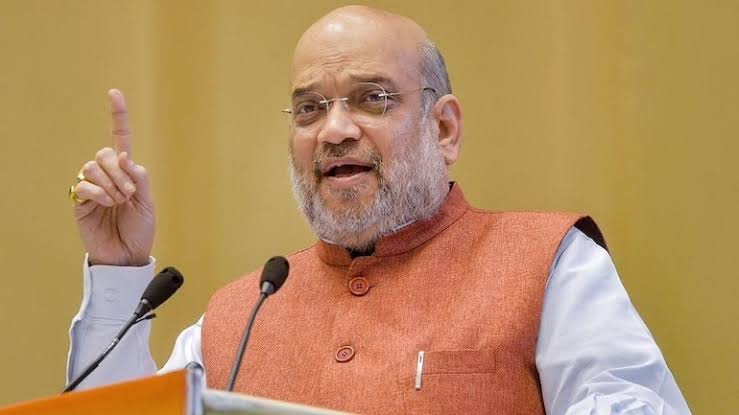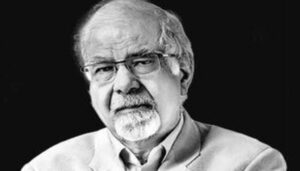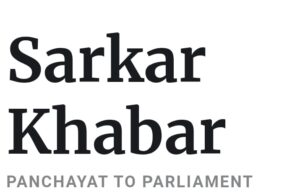
Historic Amendments to Criminal Laws Unveiled in Lok Sabha
New Delhi, 20th December 2023: In a landmark session of the Lok Sabha on Wednesday, Union Home Minister Amit Shah introduced three pivotal criminal law bills, ushering in significant changes to the Indian legal landscape.
Shah highlighted that the existing Indian Criminal Procedure Code (CRPC), with its 484 sections, has undergone a substantial transformation, now boasting 531 sections. Notably, 9 new sections and 39 sub-sections have been added, while amendments have been made to 177 existing sections, incorporating 44 new provisions and clarifications. Additionally, timelines have been introduced to 35 sections, and 14 sections have been removed to streamline the legal framework.
Addressing the grave issue of mob lynching, Shah announced a provision for the death penalty for this heinous crime. He directed a pointed question at the opposition, stating, “Congress, you ruled the country for years—why did you not enact a law against mob lynching? You used the term to criticize us but failed to legislate when in power.”
A major legislative overhaul is on the horizon, with the Bharatiya Nagarik Suraksha Sanhita Bill, 2023 poised to replace the CRPC upon House approval. Simultaneously, the Bharatiya Sakhshya Bill, 2023 is set to replace the antiquated Indian Evidence Act (Evidence Act 1872).
A key highlight of the reforms is the repeal of British-era black laws, including treason, and the introduction of a sedition law. Shah emphasized that speaking against the country would now be deemed a crime, with jail penalties for armed rebellion.
In his address, Shah contextualized the legislative changes within the broader framework of constitutional values, emphasizing individual liberty, human rights, and equal treatment for all. He asserted that the new laws aim to uphold these core principles, contrasting them with the erstwhile laws designed to serve foreign rulers.
Reflecting on the historic nature of the amendments, Shah expressed pride in presenting these transformative laws before the House. He underscored the unique confluence of events, with the upcoming 75th anniversary of the Constitution and the recent legislation providing 33 percent reservation for women in parliament.
Amit Shah credited Prime Minister Modi for leading a government committed to fulfilling manifesto promises. He cited examples such as the removal of Article 370, the construction of the Ram Temple, and the abolition of triple talaq, portraying them as tangible outcomes of a government dedicated to eradicating colonial-era mentalities.
Shah concluded by affirming the meticulous drafting process of the bills, involving thorough examination and participation in 158 consultation sessions. The introduction of these laws marks a significant step towards realizing the vision of a more just and progressive legal framework in India.

















